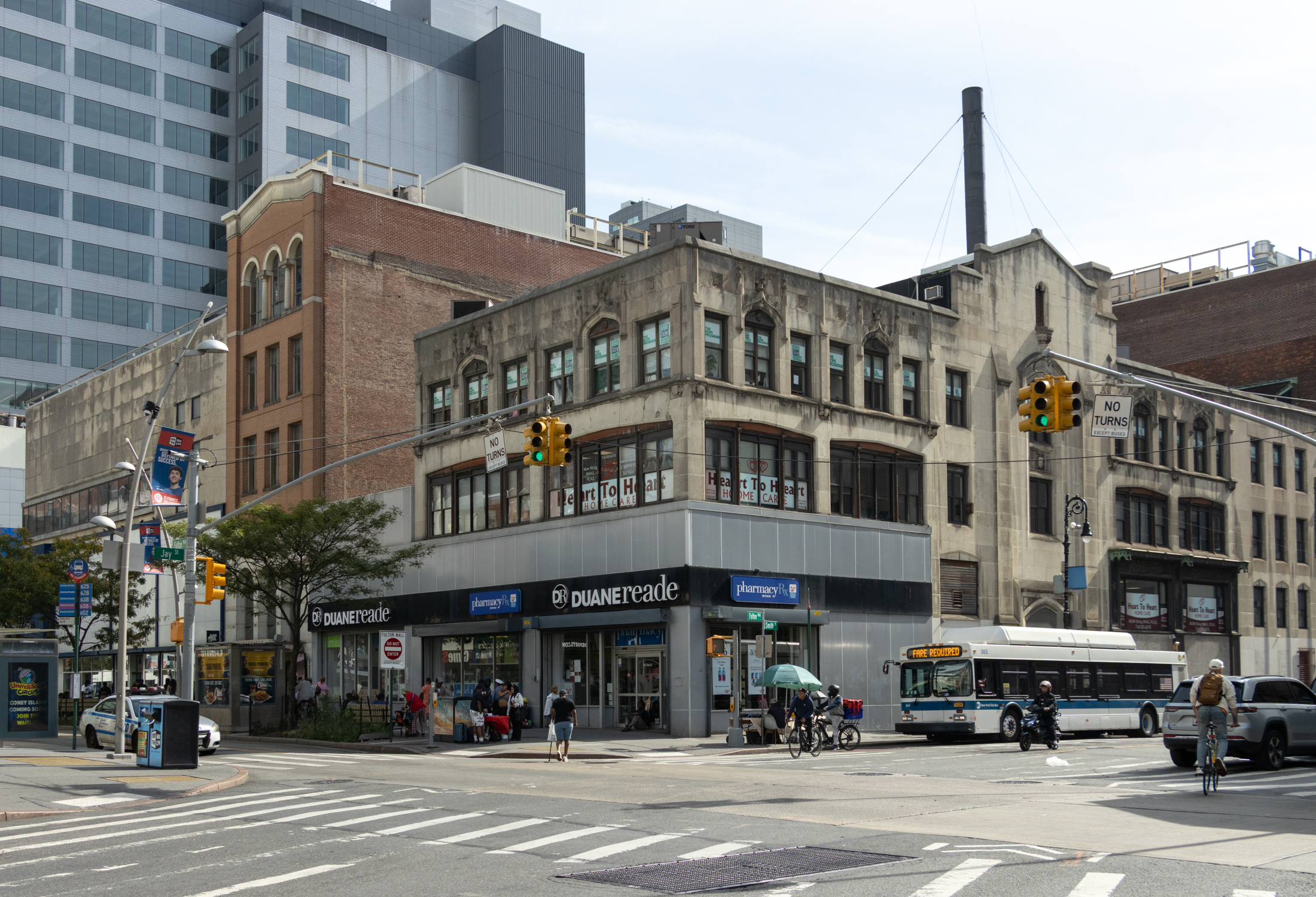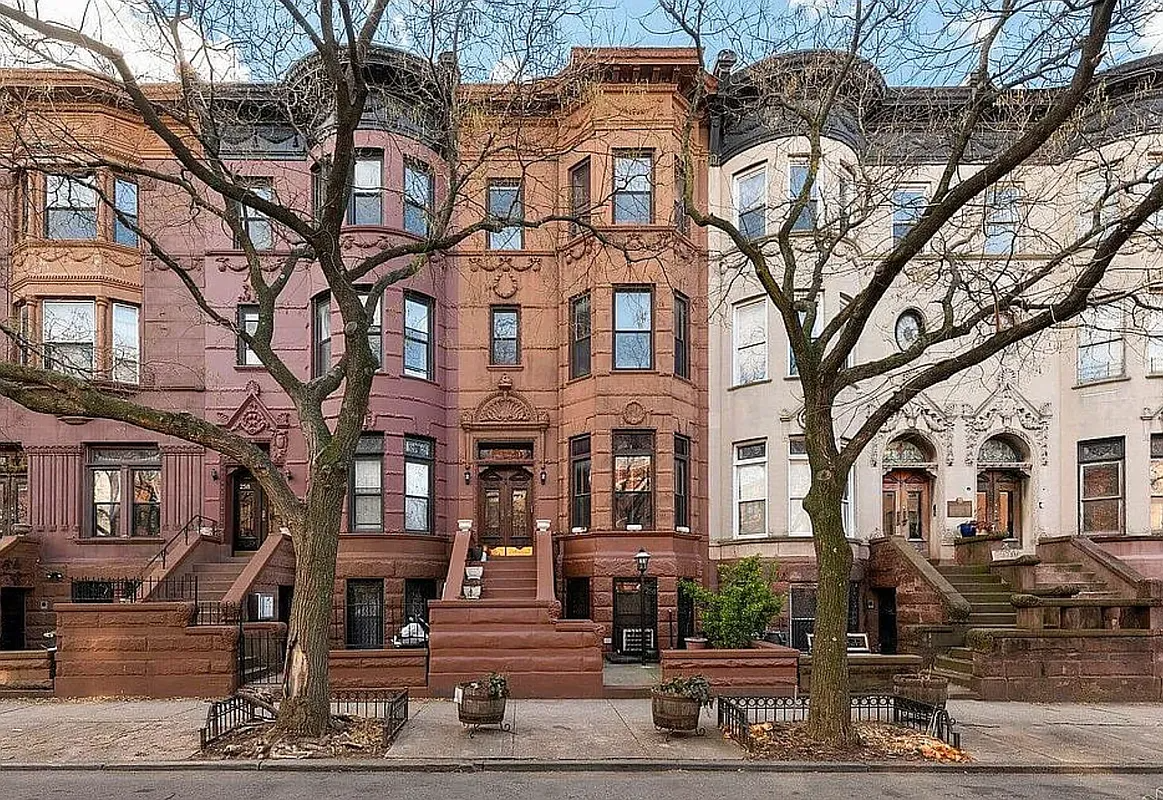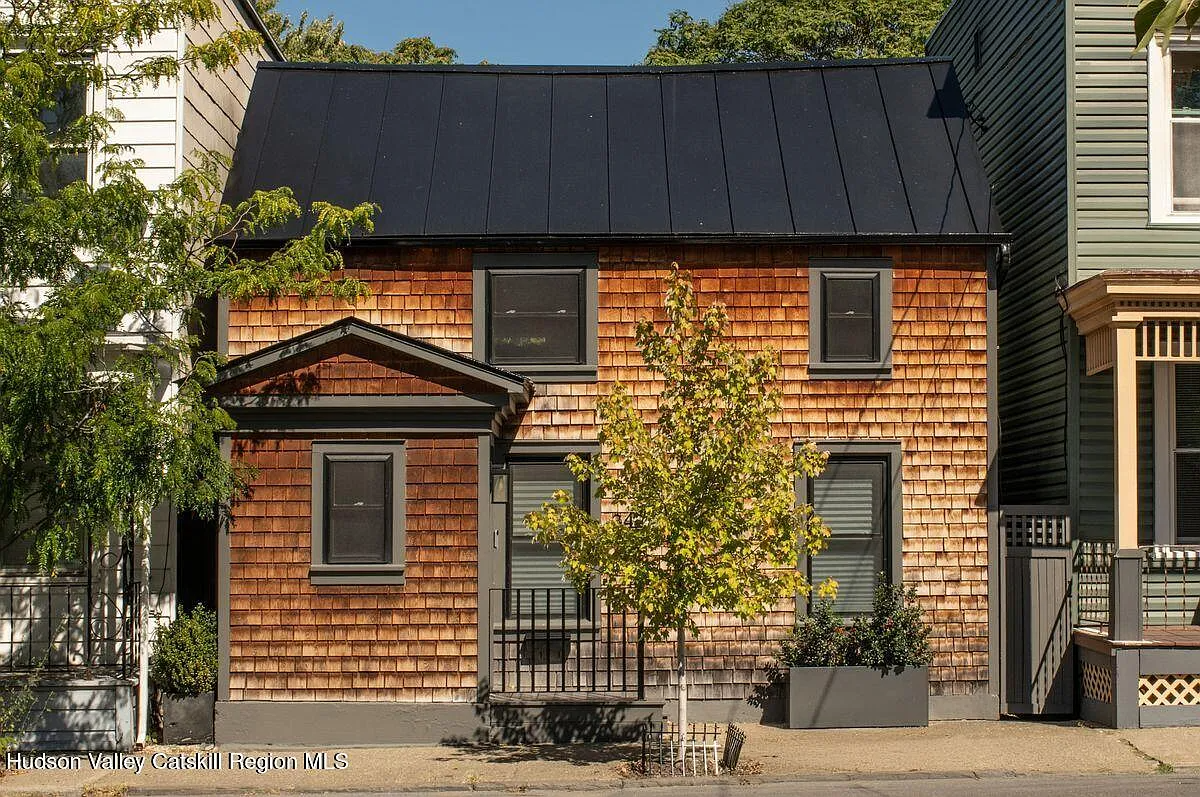To Bail or Not To Bail on Your Home?
If the value of your home is less than the amount of your mortgage does it make sense to keep making your payments or should you just walk away? If you can’t get the bank to reduce the principal of your loan, what should you do? Well, no one can tell you that because every…

 If the value of your home is less than the amount of your mortgage does it make sense to keep making your payments or should you just walk away? If you can’t get the bank to reduce the principal of your loan, what should you do? Well, no one can tell you that because every situation is different, but, as The Times points out this weekend, the penalties for defaulting on your mortgage may not be as onerous as they once were. First of all, more and more banks and saying OK to short sales, in which the owner sells the house for less than the value of the mortgage; secondly, even if you go into foreclosure, the bank is unlikely to chase you down to make up the difference between the sales price and the mortgage amount. If the lender does forgive some piece of your debt, however, some states will still try to treat the forgiven debt as taxable income. Lastly, some legal experts expect that the credit rating agencies won’t hit you as hard for a foreclosure now as they might have in the past. It just seems obvious that a foreclosure in 2008 or 2009 doesn’t have as much information value as a foreclosure five years ago, said legal prof Todd J. Zywicki. Are any readers currently underwater and considering voluntarily bailing on their home?
If the value of your home is less than the amount of your mortgage does it make sense to keep making your payments or should you just walk away? If you can’t get the bank to reduce the principal of your loan, what should you do? Well, no one can tell you that because every situation is different, but, as The Times points out this weekend, the penalties for defaulting on your mortgage may not be as onerous as they once were. First of all, more and more banks and saying OK to short sales, in which the owner sells the house for less than the value of the mortgage; secondly, even if you go into foreclosure, the bank is unlikely to chase you down to make up the difference between the sales price and the mortgage amount. If the lender does forgive some piece of your debt, however, some states will still try to treat the forgiven debt as taxable income. Lastly, some legal experts expect that the credit rating agencies won’t hit you as hard for a foreclosure now as they might have in the past. It just seems obvious that a foreclosure in 2008 or 2009 doesn’t have as much information value as a foreclosure five years ago, said legal prof Todd J. Zywicki. Are any readers currently underwater and considering voluntarily bailing on their home?
Thoughts on Walking Away From Your Home Loan [NY Times]
Photo by Jennscrzy





No- I jsut beloeive in housing that is not outsized for the community or the people who live in it, does not require huge amounts of energy to make it liveable and is built well to withstand the forces of time. There is a reason the term “McMansion” was invented- and I certainly didn’t invent it. How many of those homes do you think were built to be ecologically sound or green? Instead, they are built specifically to be pretentious and overbearing. They were stuck in places that are now seeing half the development go empty and the occupied half emptying.
Maybe you should look up the meaning of “McMansion” before you presume to act like you know anything about me. It is not just a house that is larger than average. It’s a paean to conspicuous consumption. Then maybe you would stop being such a pretentious and poor judge of character.
I’m curious how these new condos, despite being in brownstone Brooklyn, are not “part” of brownstone Brooklyn.
Bxgirl – if you call one of the most common and popular housing types in the country (I am presuming you are calling a larger than average single family non-attached house in a subdivision a “McMansion”) – “stupidity from the ground up” then you are in fact a snob – a housing snob.
snob – a person who believes himself or herself an expert or connoisseur in a given field and is condescending toward or disdainful of those who hold other opinions or have different tastes regarding this field
No I have not and have never owned (or rented) a home outside of the downtown Brooklyn area in my entire life. But I am not so blind to reality to see that the economic factors that face someone in an underwater house do not change all that much if the house was built 5 years ago with sheetrock or 150yrs ago with plaster. Except that the upkeep will likely be higher for the older structure.
I’m hardly a snob, fsrq. I was responding to the way lechacal phrased the question but that said, McMansions are still POS’s. You seem awfully touchy about it- did you buy one and now you have to walk away? How about making your pooint without sounding like a jerk (if that’s possible.)
Bxgirl – and the rest of you snobs – your “McMansion” is often (and probably a majority by population) – someone elses good solid home in a good community…..
Certainly “McMansions” are often in low-crime districts with excellent PUBLIC schools and the architechture and land of it seems to appeal to more Americans then living in a narrow row house with virtually no outdoor space. Further I am willing to be anyone a substantial amount of money that the cost to maintain the physical structure (not landscaping, heating, electric) in the 1st 10years of ownership is cheaper for a brand new “McMansion” then the average Brownstone in Brownstone Brooklyn.
If you are going to talk about economics try not to let your own biases so cloud reality as to make your points ridiculous.
Wow the retards still don’t “get it”. We are in a negative feedback loop! The appeal of owning a house is so ’05 and more and more people are servicing debt on a depreciating asset. With job losses and the collapse of the Mutant Asset Bubble people will not walk away, they will stop paying the mortgage and just live in the house.
By the way The new rules allow a Bankruptcy Judge to do a “Cram Down” in a BK proceeding. How long before rates start to go up because Banks are pricing in risk?
Mutant Asset Bubble=DEAD…..
The What
Someday this war is gonna end…
“don’t you think there is a differnece between a realistic house buy and a McMansion buy”
Of course I do. And to be clear, I agree with others that this discussion has much less relevance to brownstone Brooklyn than to suburban America. I just don’t see many people walking away from their homes in Brooklyn no matter how much prices drop. Except for some subprime borrowers and people who bought into new condos, I just don’t think it’s going to happen on a large scale.
chicken – likely none – I am not figuring you are getting a [large] bank loan for your next home – it will either have to be a rental, a non-bank mortgage or some crazy situation where a small bank-like entity is willing to have you take the home b/c you have income and they’d otherwise be left with an abandoned structure…….in times like these – desperate- people/businesses are often willing to accept things they’d never never do otherwise.
DIBS & Bob – all your bitching about shadows, ugly architecture and the like seem to defy your proclamation that condos are not part of brownstone brooklyn…..
Bob: And that’s why I took us out of Brooklyn and out into America for that little mental exercise. Now that you see why walking away might make sense for some homeowners, consider whether there might be some homeowners in Brooklyn, even in prime places like Park Slope, where someone who can afford the payments decides just to walk away. I would say it’s currently very unlikely for someone who put down 20% (which is one of the many reasons why strict coop down payment requirements are good for shareholders), but what about someone who put down 10% on a new condo development? People are already walking away from big deposits, so why would someone not also walk away from a deed? I would rather not pick a specific address to discuss, but I can think of several recent developments in Park Slope that are at risk.